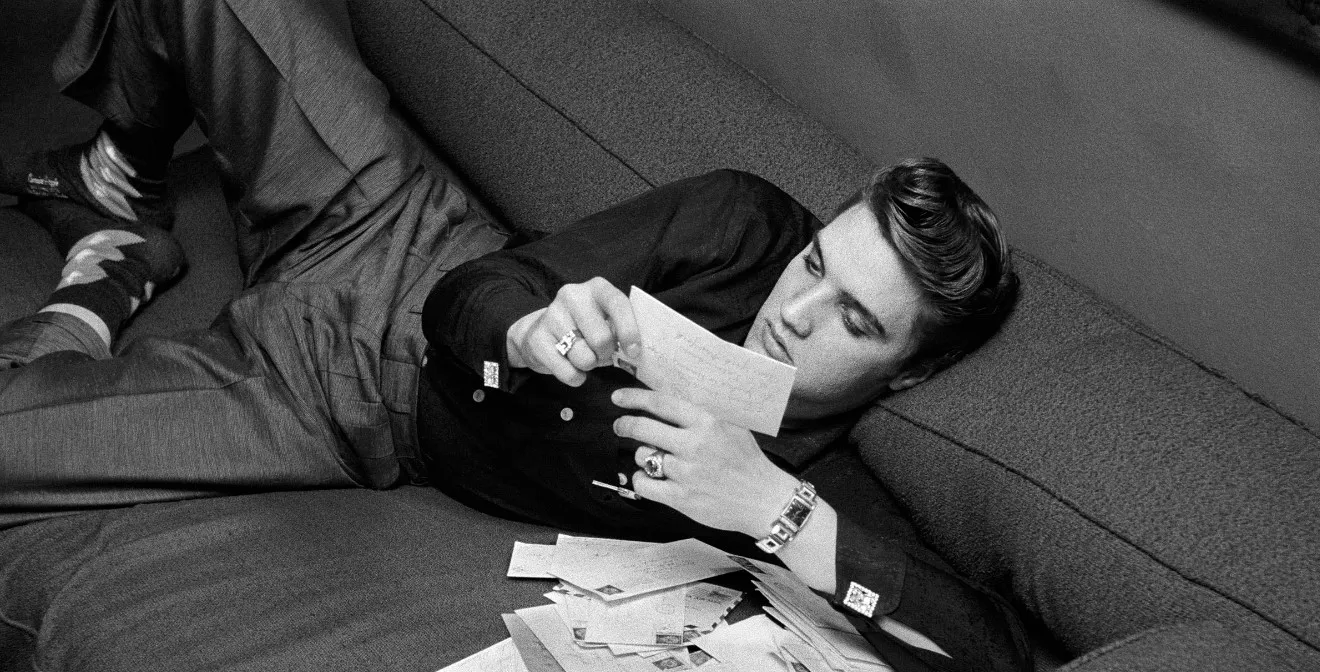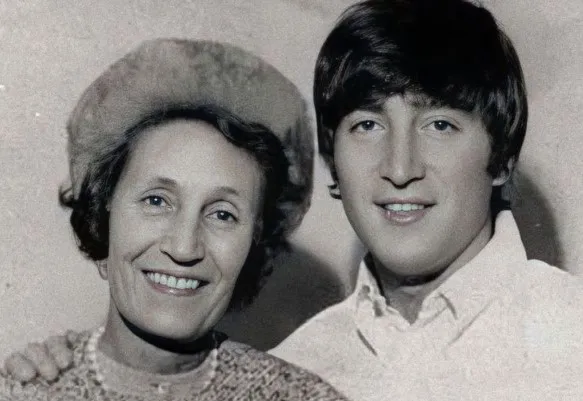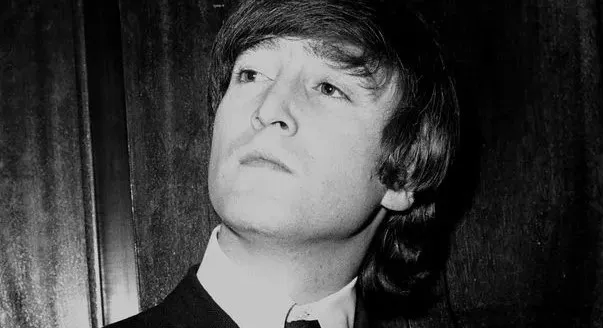In December 1965, The Beatles released their groundbreaking album, Rubber Soul. The album marked a significant evolution in their sound, showcasing a more mature and introspective approach to songwriting and music production. With tracks like "Norwegian Wood (This Bird Has Flown)," "Nowhere Man," and "In My Life," Rubber Soul was a pivotal moment in the band's career, signaling their transition from pop sensations to serious artists exploring deeper themes.

But beyond its innovative sound and lyrical depth, the album's title—Rubber Soul—has intrigued fans and music historians alike. In a 1966 press conference, Ringo Starr, the band's drummer, shed light on the meaning behind the title. Starr explained that they called the album Rubber Soul to acknowledge the difference between their music and that of American soul artists. He admitted, "We are white and haven't got what they've got," recognizing that British acts, including The Beatles, could never fully replicate the authenticity and emotion of American soul music. This statement reveals much about the band's understanding of their place within the broader musical landscape and their respect for the genre that had significantly influenced their work.
Before we can fully appreciate Ringo Starr's remarks about Rubber Soul, it's essential to understand the impact that American soul music had on The Beatles. The band, like many British musicians of their time, was heavily influenced by the sounds of American rhythm and blues (R&B), rock and roll, and soul music. Artists like Ray Charles, Little Richard, Chuck Berry, and particularly Motown acts like Smokey Robinson and The Miracles, The Supremes, and Marvin Gaye, played a crucial role in shaping The Beatles' musical style.

The Beatles were at the forefront of the British Invasion, a cultural phenomenon in the early 1960s where British rock bands achieved immense popularity in the United States. While The Beatles and other British bands brought a fresh energy to the American music scene, they did so by drawing heavily from African American musical traditions, particularly soul and R&B.
Soul music, characterized by its emotive vocal delivery, intricate rhythms, and deep connection to the African American experience, was a dominant force in American music during the 1960s. British artists, including The Beatles, were enamored with the genre and sought to incorporate its elements into their own music. However, there was an inherent tension in this process, as these white British musicians were interpreting and, to some extent, appropriating a genre deeply rooted in the African American struggle for civil rights and social justice.
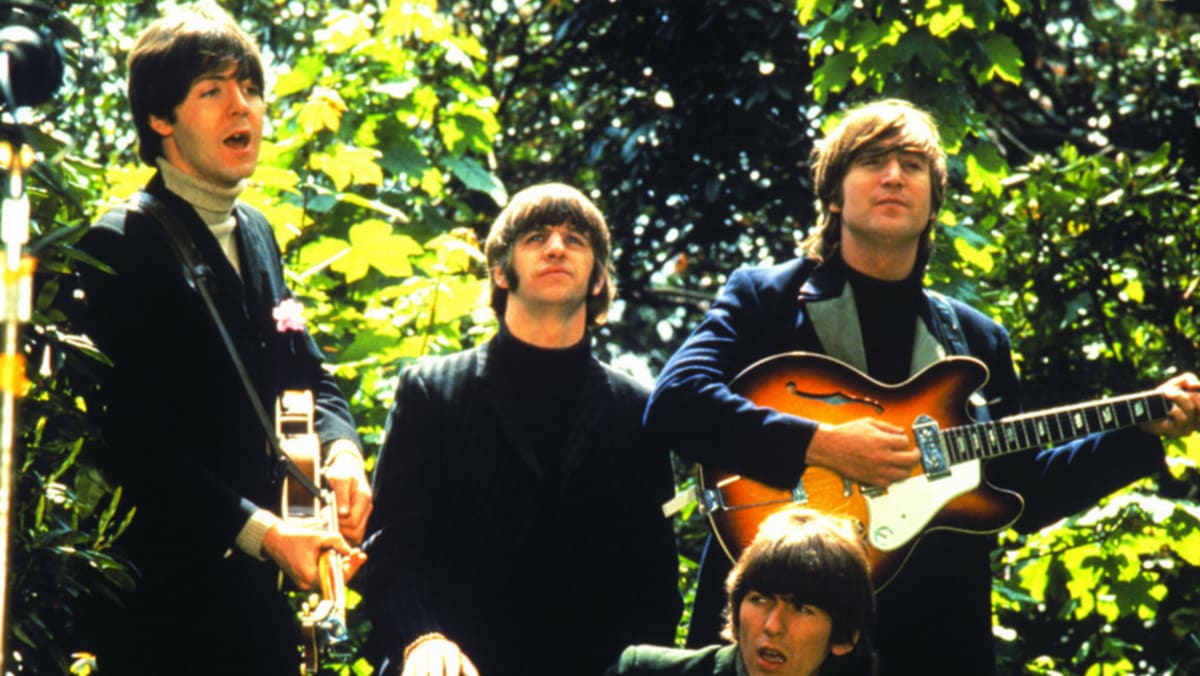
Ringo Starr's statement that "we are white and haven't got what they've got" reflects a keen awareness of the cultural and racial dynamics at play in the music industry. By naming the album Rubber Soul, The Beatles were acknowledging that, while they were influenced by and deeply admired American soul music, they were also conscious of the fact that their interpretations of the genre could never fully capture its authenticity.
Starr's comment is notable because it highlights The Beatles' humility and respect for the origins of the music they loved. They understood that their status as white British musicians gave them a certain privilege and distance from the lived experiences that informed the soul music of African American artists. This recognition of their own limitations is a significant part of what makes Rubber Soul such a unique and important album in The Beatles' discography.
Rubber Soul was created during a period of immense growth and experimentation for The Beatles. By late 1965, the band had already achieved worldwide fame and had begun to tire of the relentless touring schedule and the pressures of producing hit singles. They were eager to explore new musical directions and to create an album that reflected their evolving artistic sensibilities.
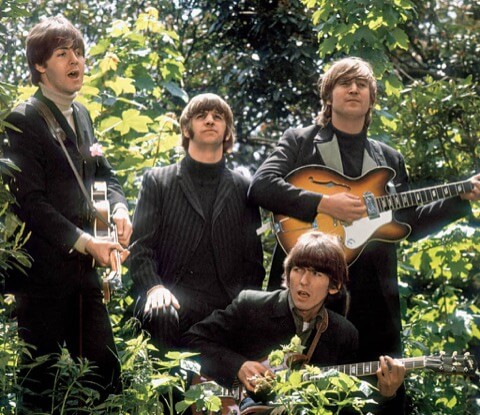
Rubber Soul stands out for its musical diversity, blending elements of folk, rock, pop, and soul into a cohesive and innovative whole. The album features songs that range from the introspective and acoustic "Norwegian Wood" to the upbeat and soulful "Drive My Car." This eclectic mix of styles was a deliberate choice, as The Beatles sought to push the boundaries of what pop music could be.
The album's sound was heavily influenced by the band's growing interest in American soul music. For example, the driving bass lines and rhythmic grooves of tracks like "The Word" and "Think for Yourself" reflect the influence of Motown and other soul artists. At the same time, songs like "Michelle" and "Girl" incorporate elements of French chanson and Greek music, showcasing The Beatles' expanding musical palette.

Released at the height of the 1960s counterculture movement, Rubber Soul resonated with listeners who were seeking more depth and substance in popular music. The album's introspective lyrics and sophisticated arrangements were a departure from the more straightforward love songs of The Beatles' earlier work. Instead, Rubber Soul tackled themes of identity, self-reflection, and the complexities of relationships.
The album's title can also be seen as a reflection of the broader cultural context of the time. The 1960s were a period of significant social change, marked by the Civil Rights Movement, the Vietnam War, and a growing awareness of issues related to race, class, and gender. By acknowledging their status as white musicians interpreting a genre rooted in African American culture, The Beatles were engaging with these broader cultural conversations, even if indirectly.
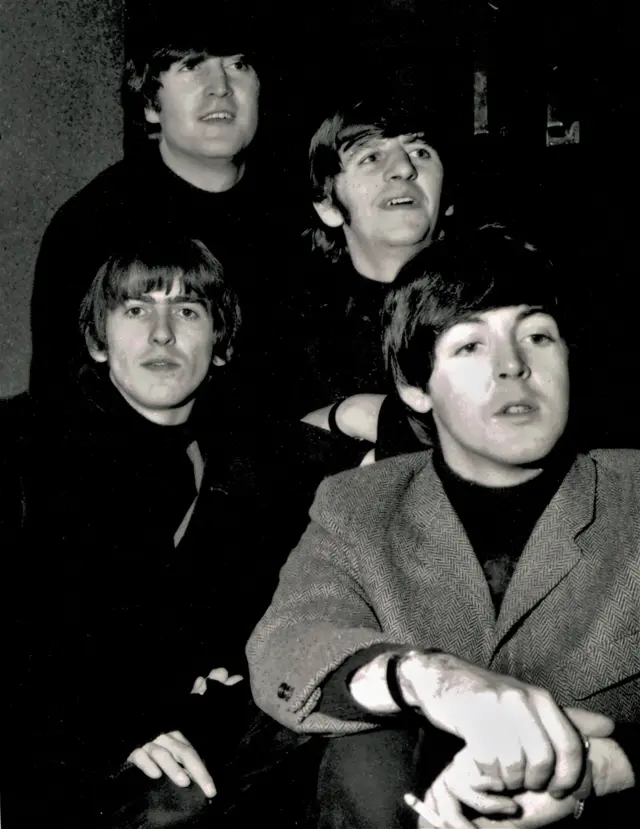
Rubber Soul is widely regarded as one of The Beatles' most important albums, both in terms of its musical innovation and its cultural impact. The album marked a turning point in the band's career, paving the way for the more experimental and conceptually ambitious works that would follow, such as Revolver and Sgt. Pepper's Lonely Hearts Club Band.
The influence of Rubber Soul extended far beyond The Beatles themselves. The album's innovative approach to songwriting and production inspired countless musicians, both contemporaries and future generations. Artists like Brian Wilson of The Beach Boys, who was deeply influenced by Rubber Soul, would go on to create landmark albums of their own, such as Pet Sounds.
Moreover, the album's exploration of different musical genres and cultures helped to broaden the horizons of popular music, encouraging other artists to experiment with new sounds and to incorporate diverse influences into their work. In this way, Rubber Soul played a crucial role in the evolution of rock music as an art form.

Ringo Starr's acknowledgment of the cultural differences between The Beatles and American soul artists remains relevant today. As the music industry continues to grapple with issues of cultural appropriation and the legacy of racial inequality, Starr's comments serve as a reminder of the importance of cultural sensitivity and respect for the origins of different musical traditions.
While The Beatles were undeniably influenced by American soul music, they also recognized the limitations of their interpretations and the importance of honoring the genre's roots. This awareness and humility are part of what has made The Beatles' music so enduring and beloved by fans around the world.

Rubber Soul is more than just an album—it's a cultural milestone that reflects The Beatles' growth as artists and their understanding of the complex cultural dynamics that shaped their music. By naming the album Rubber Soul and acknowledging their status as white British musicians influenced by American soul music, The Beatles demonstrated a level of cultural awareness that was rare for the time.
Ringo Starr's statement about the album's title serves as a powerful reminder of the importance of recognizing and respecting the cultural origins of the music we love. As we continue to celebrate The Beatles' legacy, it's essential to remember the influence of the African American artists who helped to shape their sound and to honor the rich cultural traditions that have contributed to the evolution of popular music.
